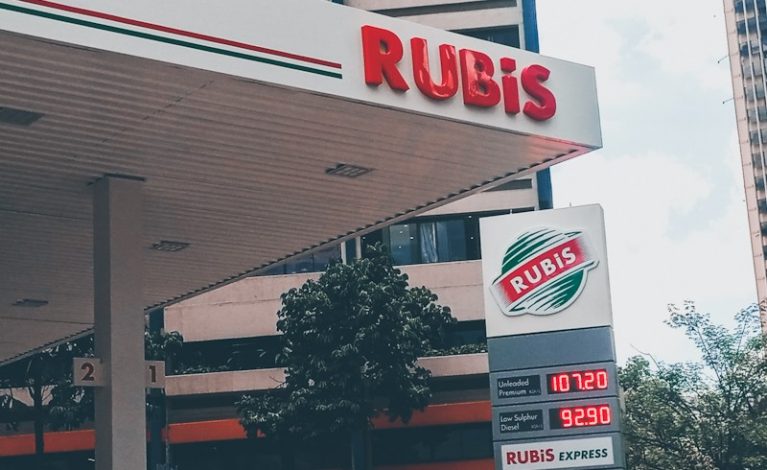Consumer inflation across Kenya is expected to rise in March and the coming months due to high fuel prices.
The Energy and Petroleum Regulatory Authority (EPRA) on Monday reviewed upwards by Ksh.5 per litre for the price of petrol and diesel. This is the first upwards review since September 2021.
EPRA says the average cost of imported super petrol rose by 13.34 percent while diesel imports were up by 11.74 percent.
A litre of super petrol will now cost Ksh 134.72 while diesel will cost Ksh 115.60 per litre in Nairobi.
Prices are inclusive of the 8 per cent Value Added Tax (VAT) in line with the provisions of the Finance Act 2018, the Tax Laws (Amendment) Act 2020, and the revised rates for excise duty adjusted for inflation as per Legal Notice No. 194 of 2020.
From November 2021, the government has been using the fuel subsidy fund to manage fuel price increases. However, the growing premium on the commodity amid fragile government finances may warrant sharing of the premium consumers.
The Central Bank of Kenya’s Weekly Bulletin dated March 11, 2022, revealed that international oil prices remained volatile during the week ending March 10, reflecting demand-supply mismatch caused by the ongoing Russia-Ukraine conflict.
Murban oil price declined to USD 117.24 per barrel on March 10 from USD 119.23 per barrel on March 3.
Data from EPRA shows that the free-on-board price (FOB) of Murban crude fell by 9.4 percent to $74.36 per barrel or Ksh.8492 in February from $82.03 in January.
In accordance with Section 101(y) of the Petroleum Act 2019, Legal Notice No.196 of 2010 and Legal Notice No. 26 of 2012, @EPRA_Ke has calculated the maximum retail prices of petroleum products which will be in force from 15th March to 14th April 2022. ^BO pic.twitter.com/C9daRaFtKr
— Energy and Petroleum Regulatory Authority (@EPRA_Ke) March 14, 2022
“Geopolitics Cloud what was a rosy outlook,” NCBA Market Research Analysts state in their Monthly Economic Report – March 2022.
“Rising energy costs is worsening earlier effects of supply and supply chain disruptions on output prices. As reports of acute fuel shortages in some economies or factory closures due to high energy costs hit the wires, expectations of hyperinflation are beginning to build,” NCBA highlights.
February inflation eased for the fifth consecutive month to a 17-month low of 5.3 per cent in February on unchanged energy costs which offset a steady rise in food costs during the month.
“…but could rise in the second quarter to reflect the energy shocks and its ripple effects,” NCBA says. “This should reverse the recent trend in inflation towards 6.0%. Investors will demand some premium as a cushion.”
Khusoko is now on Telegram. Click here to join our channel and stay updated with the latest East African business news and updates.




